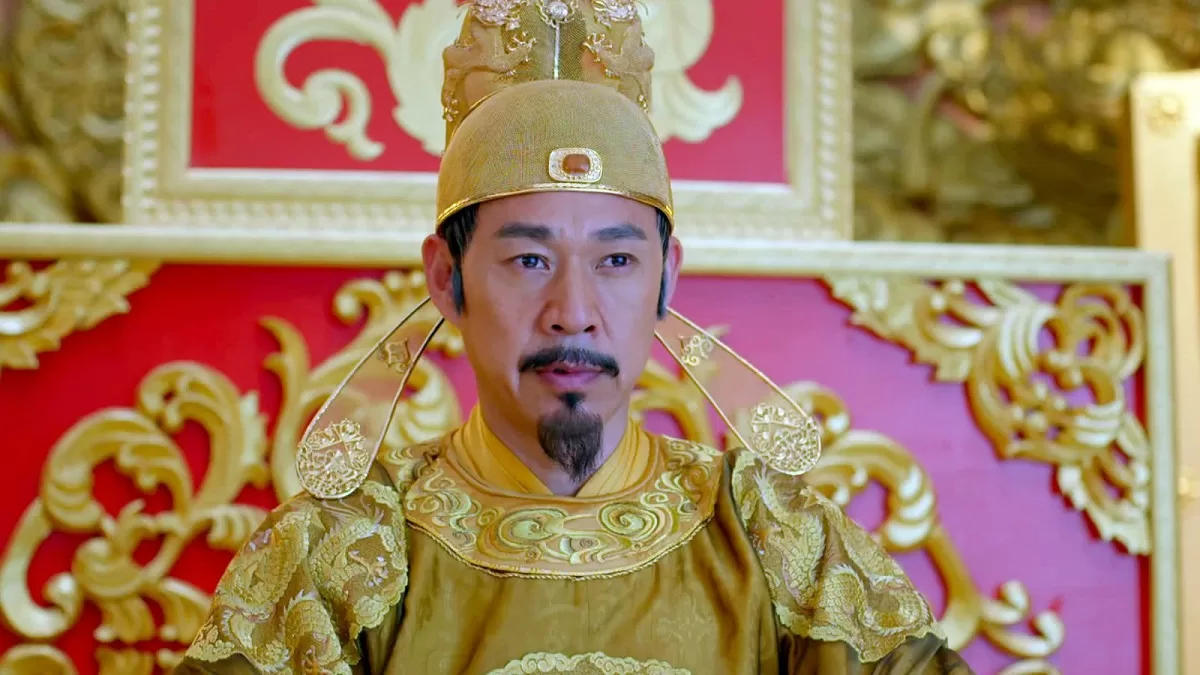Tang Taizong, also known as Emperor Taizong of Tang, and Wei Zheng were key historical figures in ancient China during the Tang Dynasty (618-907). Their relationship was characterized by mutual respect and a deep connection based on their shared goals and ideals.
Tang Taizong, born Li Shimin, ascended to the throne in 626 and is widely regarded as one of China’s greatest emperors. He was known for his exceptional military skills, political acumen, and his dedication to good governance. Taizong sought to establish a strong and prosperous empire, focusing on legal reforms, administrative efficiency, and the welfare of his subjects.
Wei Zheng, on the other hand, was a prominent statesman, politician, and historian. He played a vital role in advising and supporting Tang Taizong in his policies and decision-making. Wei Zheng was renowned for his integrity, wisdom, and unyielding commitment to the principles of justice and righteousness.
The relationship between Tang Taizong and Wei Zheng can be characterized as a mentor-disciple or a partnership built on trust and mutual admiration. Wei Zheng, recognizing Taizong’s potential and virtues, became one of his most trusted advisors. Taizong, in turn, respected Wei Zheng’s intellect, moral character, and dedication to the welfare of the people.
Wei Zheng’s influence on Tang Taizong’s rule was significant. He was instrumental in shaping the emperor’s policies and had a profound impact on the Tang Dynasty’s governance. Wei Zheng advocated for meritocracy, urging Taizong to appoint officials based on their abilities and character rather than their family background or social status. He also emphasized the importance of public welfare, encouraging Taizong to implement reforms to alleviate poverty, improve education, and provide fair justice for all.
The relationship between Taizong and Wei Zheng was not always smooth. Wei Zheng was known for his outspoken nature and his willingness to criticize the emperor when he felt it was necessary. Taizong appreciated Wei Zheng’s honesty and valued his dissenting opinions, even if they conflicted with his own views. This dynamic allowed for open and frank discussions, leading to better decision-making and the avoidance of potential pitfalls.
The bond between Taizong and Wei Zheng extended beyond the political sphere. They shared a deep friendship and trust, often engaging in personal conversations and philosophical discussions. Taizong respected Wei Zheng’s intellect and sought his guidance in matters of governance, strategy, and personal morality.
Wei Zheng’s death in 643 was a significant loss for Taizong and the Tang Dynasty. The emperor mourned his advisor’s passing deeply, recognizing the immense contributions Wei Zheng had made to the empire. Taizong even posthumously honored Wei Zheng with the title of Duke Wenxiang, reflecting his enduring respect and gratitude.
In summary, the relationship between Tang Taizong and Wei Zheng was one of respect, trust, and intellectual collaboration. Their partnership was instrumental in shaping the policies and governance of the Tang Dynasty, leaving a lasting legacy in Chinese history.


